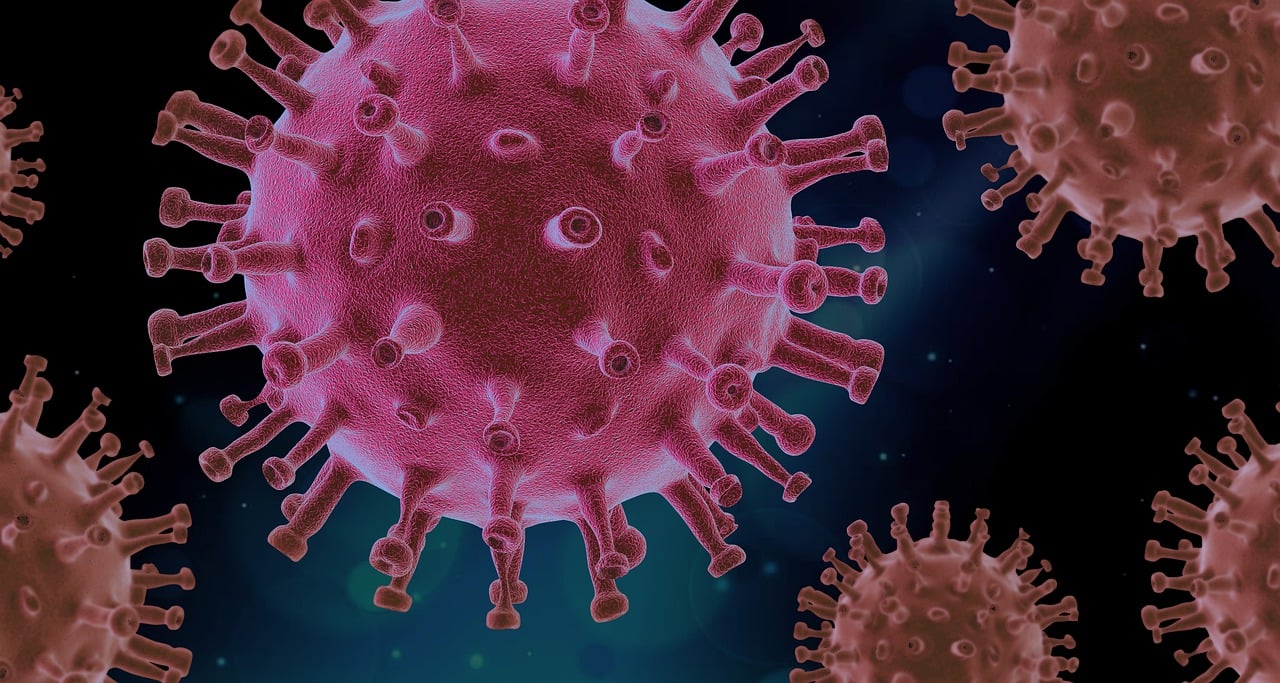
One of the basic ideas behind the COVID research was a decades-old concept, the principle of passive immunity.Continue reading

In Hungary, whooping cough (Pertussis) cases have risen, with 76 confirmed cases in 2024 alone, Index reports.
While the vaccination rate in Hungary remains high at over 98%, the disease is considered to be at epidemic levels due to recent increases in cases. The European Center for Disease Prevention and Control (ECDC) notes that pertussis outbreaks are expected every 3-5 years across Europe, with significant spikes in reported cases.
Hungary has had compulsory pertussis vaccination since 1954, with initial doses given at 2, 3, and 4 months, and boosters at 18 months, 6 years, and 11 years.
This high vaccination rate helps maintain control over the disease, but the presence of unvaccinated individuals, particularly in neighboring countries and among immigrant populations, contributes to the spread. Despite these measures, whooping cough remains a serious threat, especially to unvaccinated infants under 6 months.
Pregnant women are advised to get vaccinated during their third trimester to protect newborns. The National Center for Public Health and Medicine advises avoiding crowded places with newborns and ensuring all caregivers are up-to-date with their vaccinations.
Via Index; Featured Image: Pixabay